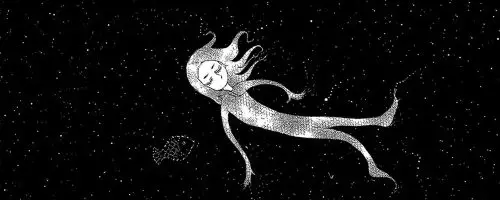Why People Hate Each Other?: Hating People: It would not be a difficult task to say that “hate” is quite often the lead story on the nightly news. Criticism of people who don’t share our perspective is the main thrust behind the greater part of the human ensuring that we visit upon each other consistently.
Table of Content
Where does everything originate from?
Analyzing different people as partners or a rival has dependably been a human need. In the ancient world, it was an uncommon to experience a man whom you did not know by.

Inspiring your journey, one story at a time. #LifeFalcon.
At the point when such an occasion happened, favorable position collected to the individuals who were mindful and suspicious around outsiders and who rapidly and definitively analyze who this outsider was in connection to them.
Thus, one of the most established and most noxious of human qualities is the simplicity with which we place individuals into classes.As a matter of fact, the main reason perhaps is, we need to know whether a man offers qualities, perspectives, and social loyalties with us or not.
This gets under way a progression of mental strides that decide the level of trust and participation.
The analyzing error:
We hold positive figments about our company and negative fantasies about out groups. We see our own social gathering’s ethical values as more alluring than those of others. Analysts report to this as a definitive attribution blunder.
Thus, we are consequently suspicious of out-group individuals’ qualities and goals. This empowers savage conduct against out-group individuals and cultivates solidarity within group individuals who share our qualities.
Furthermore, dedication matters. In the ancient world, alienation from the social gathering was commensurate to a capital punishment. Thus we procured solid, reflexive dependability systems and a mind-boggling helplessness to similarity weight from one’s companions.
The effect of homogeneity of Out group:
Individuals from out groups are viewed as being more like each other than individuals from in groups are, and the activities of any individual (e.g., supremacist, fear based oppressor, criminal) are seen as being more run of the mill of the out-group all in all.
Outrageous people inside our own particular social circles are expelled as freaks. This is known as the impact of out-group homogeneity.
Numerous studies have demonstrated that individuals from out groups even look more indistinguishable to us than individuals from in groups; cross-racial recognizable proof of expression is famously terrible.
Illusory Correlations and Conviction Perseverance:
When we think something to be valid, proof does not effectively shake it from us. We single out goodies that affirm our conviction and nonchalance things that repudiate it. There might be some issue in the date if we realize that we are right. This leads us to see things that we hope to see (deceptive relationships).
Consider the regular case of holding a generalization about a circle of individuals. Imagine that you immovably trust that the gathering is comprised of humorless, irate people. All it takes is meeting one individual whose conduct even remotely affirms your generalization and you leave the experience with a significantly more grounded generalization set up, considering how you should have to have seen that coming.
Then again, meeting a person who does not coordinate our generalization is unsettling. Our mental outline has disappointed us and we didn’t precisely anticipate how the communication would unfold. Regardless of this experience, in any case, we don’t toss out our generalization. We reject the individual as a distortion and maybe set up a sub-classification inside our generalization for crackpots, which permits us to keep up the respectability of our convictions.
Race and religion are two of the least demanding criteria to utilize, which goes far toward clarifying the social issues twirling around these things all through mankind’s history. It has even been recommended that the simplicity with which local accents create is the consequence of the need to rapidly declare where you are from. All things considered, if you are from “around here” the possibility that we share qualities or companies together are very great, and this will urge me to treat you superior to anything I may something else. In this extremely political season, we likewise observe the sorting force of political association.
We would confess to being more than somewhat negative about the prospects for conquering the tenacity of human instinct. We trust that instructing ourselves about the subjective predispositions, can make us more incredulous of our instinct. It also makes us more astute and altruistic in our responses to the individuals who can’t help contradicting us.



















